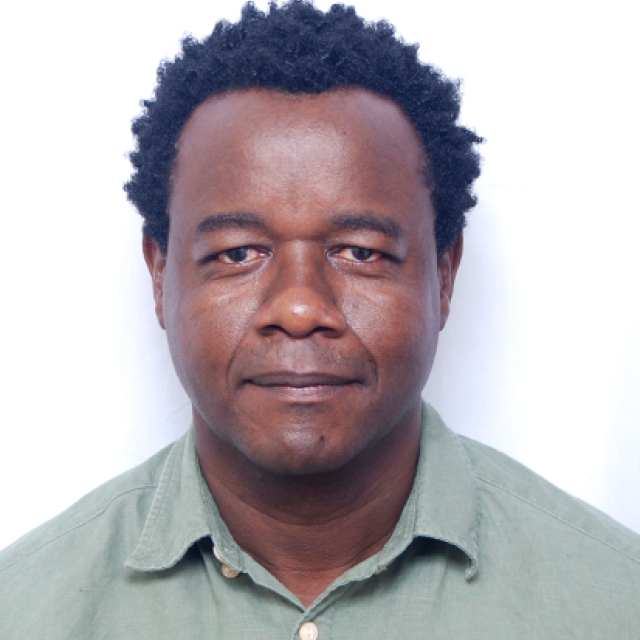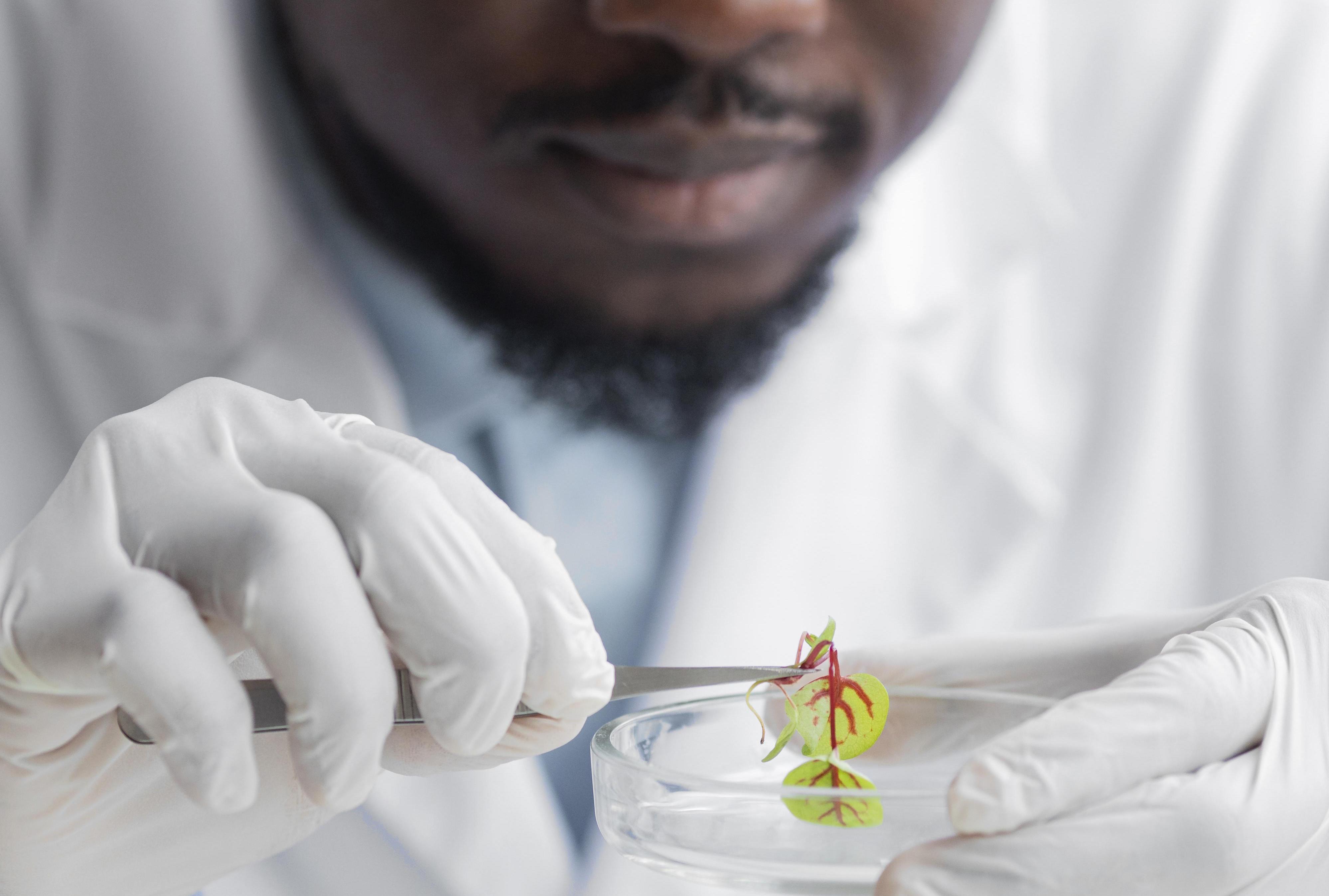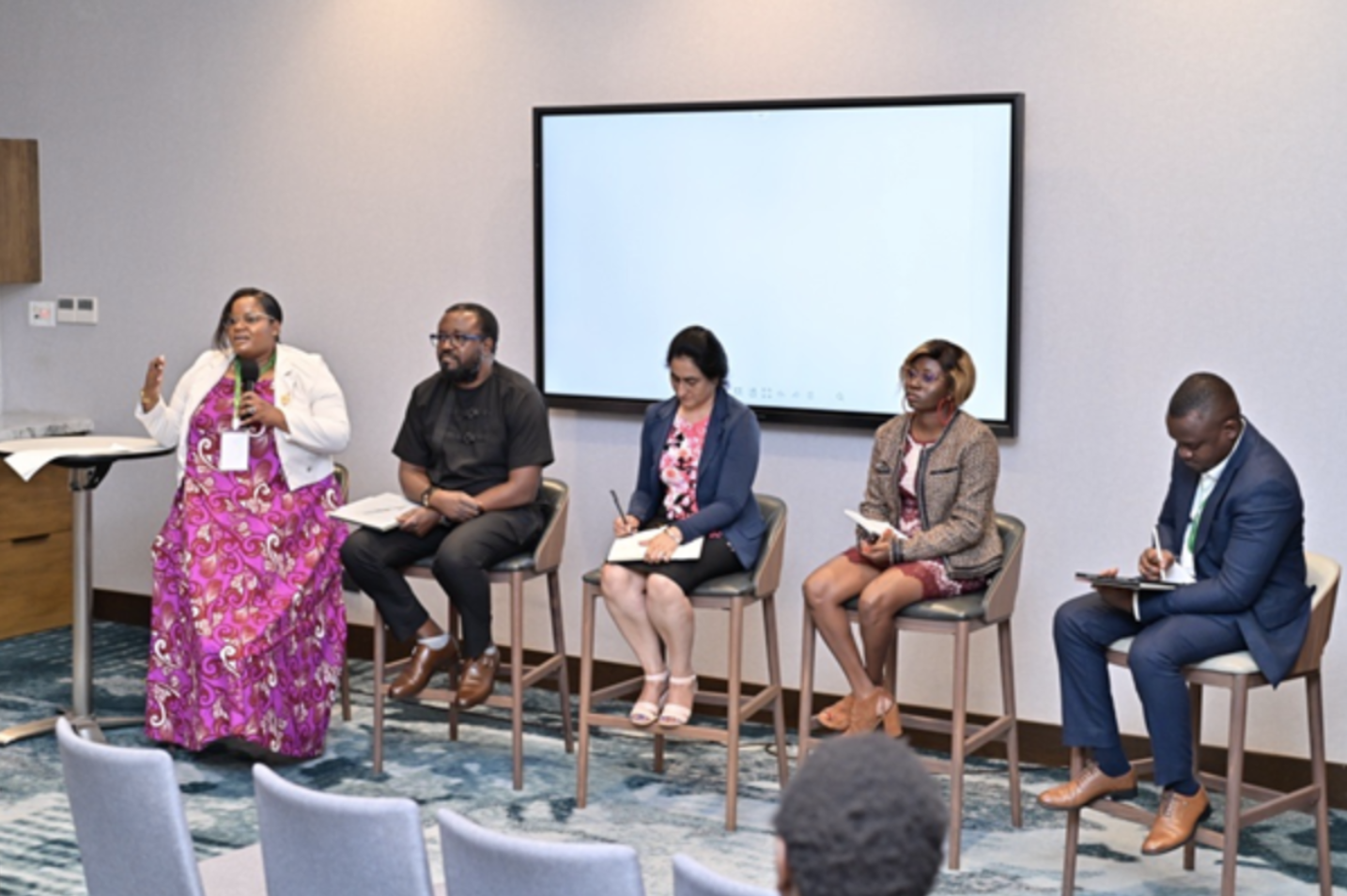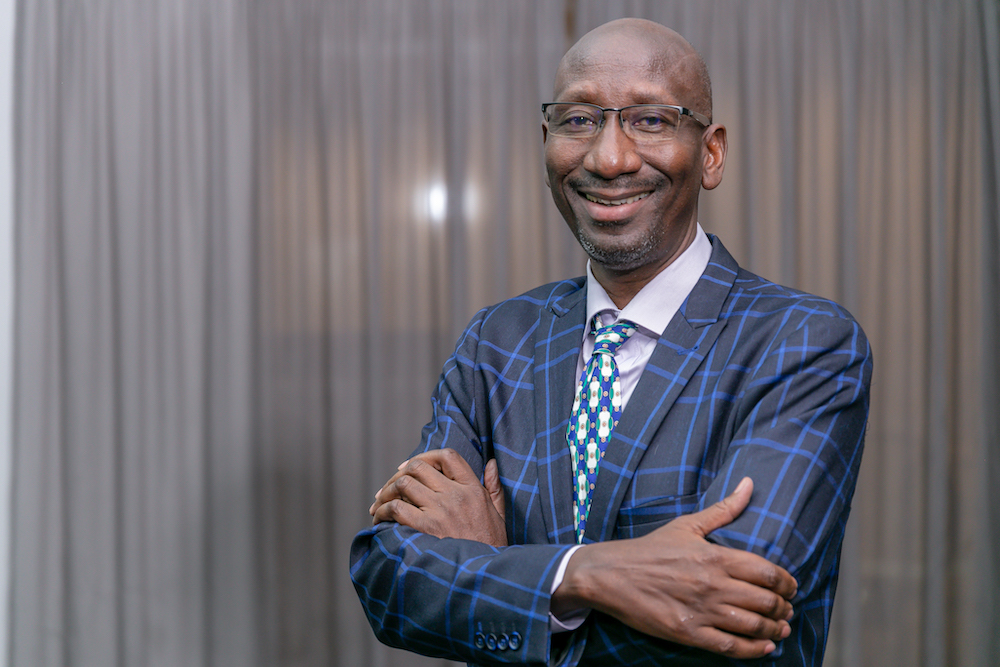
Impact Stories
Rewriting the ethical review rule book using artificial intelligence
Monday, August 4, 2025

By Francis Kombe
When Francis Kombe set out to write his master’s thesis, he never imagined the process would take two years. But it did; nine months of that time was spent waiting for ethics approval, a necessary step before beginning any research involving people. His proposal received just one comment. One! That experience left a deep impression on him. And now, nearly a decade later, he is on a mission to ensure no other African researcher has to endure such frustrating delays.
At the heart of Kombe’s work is a simple, bold question: Can artificial intelligence help streamline ethical reviews in Africa without compromising human judgment? The answer, as it turns out, is yes, and it’s a game changer.
Bottlenecks in ethical review
Africa is a growing hub of clinical research, but progress often gets bottlenecked at the ethics review stage. Ethics review committees (RECs), often staffed by overstretched, volunteer academics, are tasked with the enormous responsibility of scrutinising research protocols to ensure the safety, dignity, and rights of participants. It’s a noble job, but a time-consuming one.
Kombe, who now leads a team at EthiXPERT NPC, has seen firsthand the slow turnaround times for research approvals, ranging from several months to even three years in some cases. “Most reviewers are doing this work pro bono,” he explains. “They already have full-time jobs. It’s no wonder that protocols just sit there.” That’s where AI enters the story.
AI that supports, not replaces
With support from the Grand Challenges Africa initiative at the SFA Foundation, Kombe and his team have built an AI model integrated into RHInnO Ethics, a cloud-based online review system already used by over 30 committees in 10 African countries.
This AI is not a robot judge. It doesn’t make final decisions. Instead, it reads and synthesises lengthy clinical trial documents and protocols, sometimes over 1,000 pages long, into sharp, 20-page summaries. It then identifies key issues, suggests decisions, and helps reviewers navigate complex proposals with unprecedented efficiency.
In Kombe’s words, “This tool is not a replacement; it’s an enabler.” Reviewers can accept, reject, or modify the AI’s suggestions, and each modification teaches the model to be even better the next time.
Why this matters
The implications of this technology are profound. Before RHInnO Ethics, a complex protocol might take three years to gain approval. With RHInnO Ethics alone, that dropped to six months to one year. Now, with AI integration, Kombe estimates turnaround times could shrink to just one to four weeks.
In real-world terms, that means critical health research could reach patients faster. New treatments for diseases like malaria, HIV, and cancer could move from idea to action without sacrificing ethical scrutiny. In a continent carrying the highest global burden of disease, this time saved could translate to lives saved.
Behind the scenes: Trust, data, and regulation
Building the AI model wasn’t without its challenges. One major hurdle was accessing the historical data needed to train the algorithm. “We didn’t even want to remove the data,” Kombe says. “Just run the model through it. But it turned out to be very sensitive.”
The team had to seek permission from each ethics committee, navigating a maze of data protection policies that vary across countries. Then came the philosophical concerns: What if the AI makes a mistake? What if it replaces human oversight entirely?
Kombe took those concerns seriously. The model was built with a safety net; human reviewers always have the final say. And far from replacing them, the AI makes their job more focused, consistent, and impactful.
He is optimistic about what this breakthrough means—not just for research ethics, but for Africa’s broader health systems. “AI is a game changer,” he says. “We have the researchers. We have the ideas. What we’ve lacked is infrastructure.”
With the right investments, he believes AI could help Africa make sense of vast health datasets, anticipate disease outbreaks, and design better responses. “We’re barely scratching 10% of AI’s potential,” he adds. “Once the hype settles and the focus shifts to responsible implementation, I believe we’ll see its full power.”
Looking ahead
The AI-enhanced RHInnO Ethics platform has already caught attention. It received special recognition from the chief scientist at a recent Grand Challenges Annual General Meeting in Seattle, USA, and sparked conversations with World Health Organisation Africa (WHOAfro) officials. For him, that recognition was unexpected but deeply rewarding. “I texted my staff immediately,” he says. “It felt like breaking news.”
Still, he knows this is just the beginning. “We’re entering a new space,” he says. “We don’t pretend to have all the answers, but we’ve proven it can be done, and now we want to make it bigger.”
From a small idea rooted in one man’s frustration to a technology poised to transform health research across a continent, Kombe’s journey is a testament to what’s possible when innovation meets lived experience. With AI as a partner, not a replacement, Africa’s future in research ethics and healthcare just got a little brighter.
About the Author(s)

Francis Kombe
Kombe is the current Chief Executive Officer, EthiXPERT, South Africa and a Public Health practitioner and bioethicist, with a passion in Research Integrity.



